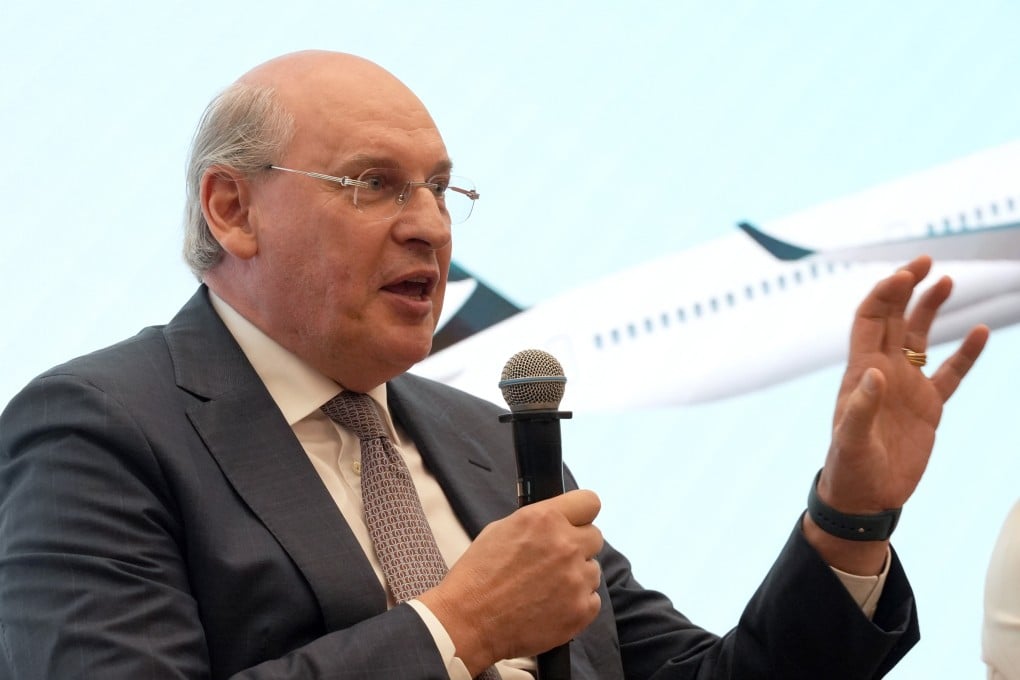Towngas unit ready to build sustainable jet fuel plant near Hong Kong if policy in place
Hong Kong government is expected to announce a target for sustainable aviation fuel by 2025

EcoCeres’ plant in Zhangjiagang in China’s Jiangsu province can convert waste cooking oil to biofuel at a rate of 350,000 tonnes a year. It came online in 2021 and is operating at full capacity, executive chairman Matti Lievonen said in an interview.
Its output, which has a carbon footprint up to 90 per cent less than conventional jet fuel, is exported to Europe. It will gain popularity as government mandates rise for the minimum usage of biofuel by airlines of 2 per cent next year, which will rise to 6 per cent by 2030 in the European Union and 10 per cent in the UK.
“Because SAF is a new product which is more expensive to produce, governments must put in place clear long-term policies to provide incentives for companies to invest,” said Lievonen, a former CEO of Finland-based Neste, the world’s largest waste-to-renewable fuel maker.
Having more supply online is key to attaining targets as demand grows and supply lags. As a result, SAF is three times more expensive than conventional jet fuel. In addition, having a supply source in the Greater Bay Area would reduce transportation costs.